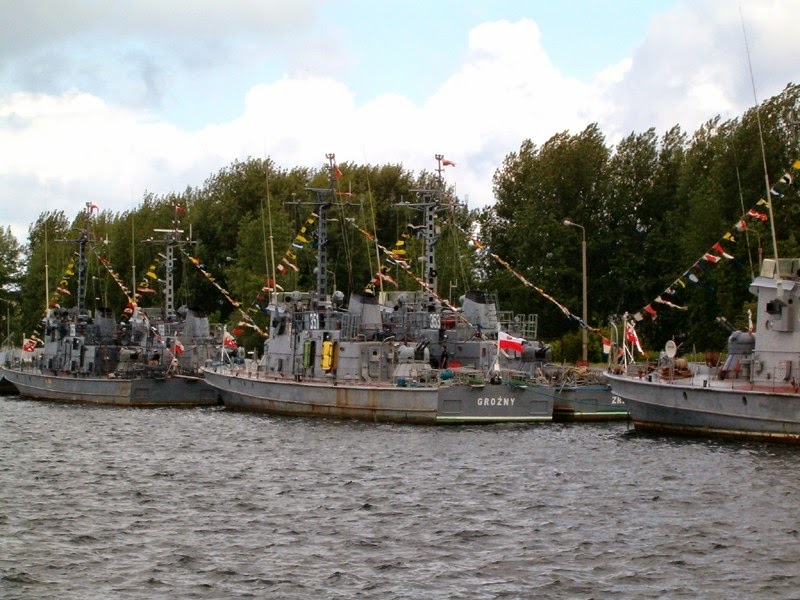In mid-November 1939, Jan Karski made his way to Warsaw and reflected on the defeat Poland had just suffered.
His thoughts capture the deep sense of despair and existential threat that loomed over the nation. He wrote:
“In Poland, there is a meaning to defeat that perhaps is unknown in countries differently situated. Along with a strong sense of unity as a people, there is present an awareness that a defeat in war entails unique and drastic consequences.
Other nations may be oppressed and dominated after losing a war; Poland is likely to be destroyed, its land divided, and an attempt made to annihilate its very language and way of life… I did not dare let myself think that Poland as a state had completely, irredeemably, disappeared.
I kept constantly before me the notion that Germany would soon be beaten by the Allies, or be forced to withdraw from Poland.”
For Westerners, particularly those in countries like the United States or Britain, Karski’s reflection may not be immediately relatable.
The experience of national defeat for Poland was fundamentally different from that of many Western nations.
While the loss of a war in the West might mean temporary occupation, political upheaval, or even economic hardship, in Poland, defeat historically carried the threat of complete erasure.
Poland had, over centuries, endured repeated invasions, partitions, and occupations.
Unlike many Western nations that could lose a war and still preserve their statehood, culture, and identity, Poland faced the real possibility of total disintegration as a country.
In the past, as in the late 18th century, Poland was wiped off the map entirely, its territory carved up by neighboring powers—Austria, Prussia, and Russia.
The aim was not just control but the destruction of Poland’s national identity, language, and culture.
To many Poles, a military defeat could easily lead to their nation’s permanent extinction.
This was more than political subjugation; it was cultural annihilation.
The Polish people lived under constant threat that their language would be banned, their culture erased, and their heritage obliterated.
In contrast, Western nations, even when occupied or defeated, generally did not fear such an existential threat.
The structures of national identity, governance, and language remained largely intact despite military loss.
Karski’s reflection is a profound reminder that for Poland, defeat in war meant something more catastrophic than for countries differently situated geographically and historically.
It was not merely a matter of occupation, but of survival as a people.
This deep historical memory of near-extinction shaped a collective mindset that might seem foreign to nations that have never faced the same existential threat to their identity and existence.
Western audiences, often accustomed to the idea of post-war recovery and resilience, may find it difficult to comprehend the Polish sense of urgency and fear that defeat could mean the very end of their nation, culture, and way of life.
W połowie listopada 1939 roku Jan Karski przybył do Warszawy i rozmyślał nad klęską, jaką poniosła Polska.
Jego myśli oddają głębokie poczucie rozpaczy i egzystencjalnego zagrożenia, które wisiało nad narodem. Napisał:
„W Polsce istnieje znaczenie porażki, które być może jest nieznane w krajach o innym położeniu. Wraz z silnym poczuciem jedności jako narodu, obecna jest świadomość, że porażka w wojnie pociąga za sobą wyjątkowe i drastyczne konsekwencje.
Inne narody mogą być uciskane i zdominowane po przegranej wojnie; Polska prawdopodobnie zostanie zniszczona, jej ziemia podzielona, a jej język i styl życia zostaną poddane próbie unicestwienia… Nie ośmieliłem się pomyśleć, że Polska jako państwo całkowicie i nieodwracalnie zniknęła.
Ciągle miałem przed oczami myśl, że Niemcy wkrótce zostaną pokonane przez aliantów lub zmuszone do wycofania się z Polski.”
Dla ludzi Zachodu, zwłaszcza w krajach takich jak Stany Zjednoczone czy Wielka Brytania, refleksja Karskiego może nie być do końca zrozumiała.
Polskie doświadczenie klęski narodowej było zasadniczo inne od doświadczenia wielu państw zachodnich.
Podczas gdy na Zachodzie przegrana w wojnie mogła oznaczać tymczasową okupację, wstrząsy polityczne, a nawet trudności gospodarcze, w Polsce historycznie porażka niosła ze sobą groźbę całkowitego wymazania.
Polska przez stulecia była narażona na liczne inwazje, rozbiory i okupacje.
W przeciwieństwie do wielu państw zachodnich, które mogłyby przegrać wojnę i nadal zachować swoją państwowość, kulturę i tożsamość, Polska jako kraj stanęła w obliczu realnej groźby całkowitego rozpadu.
W przeszłości, tak jak pod koniec XVIII wieku, Polska została całkowicie zmieciona z mapy, a jej terytorium zostało podzielone między sąsiednie mocarstwa – Austrię, Prusy i Rosję.
Celem nie była tylko kontrola, ale zniszczenie polskiej tożsamości narodowej, języka i kultury.
Dla wielu Polaków porażka militarna mogłaby łatwo doprowadzić do trwałego unicestwienia ich narodu.
Było to coś więcej niż podporządkowanie polityczne; to było unicestwienie kulturowe.
Naród polski żył w ciągłym zagrożeniu, że jego język zostanie zakazany, kultura wymazana, a dziedzictwo zatarte.
Państwa zachodnie natomiast, nawet okupowane lub pokonane, na ogół nie obawiały się takiego egzystencjalnego zagrożenia.
Struktury tożsamości narodowej, zarządzania i języka pozostały w dużej mierze nienaruszone pomimo strat militarnych.
Refleksja Karskiego stanowi głębokie przypomnienie, że dla Polski przegrana w wojnie oznaczała coś bardziej katastrofalnego niż dla krajów położonych w innym miejscu pod względem geograficznym i historycznym.
Nie była to tylko kwestia zajęcia, ale przetrwania jako narodu.
Ta głęboko zakorzeniona w historii pamięć o bliskim wyginięciu ukształtowała zbiorową mentalność, która może wydawać się obca narodom, które nigdy nie stanęły w obliczu podobnego egzystencjalnego zagrożenia dla swojej tożsamości i istnienia.
Widzowie z Zachodu, przyzwyczajeni do idei powojennej odbudowy i odporności, mogą mieć trudności ze zrozumieniem polskiego poczucia pilności i strachu, że porażka może oznaczać koniec ich narodu, kultury i sposobu życia.





Brak komentarzy:
Prześlij komentarz